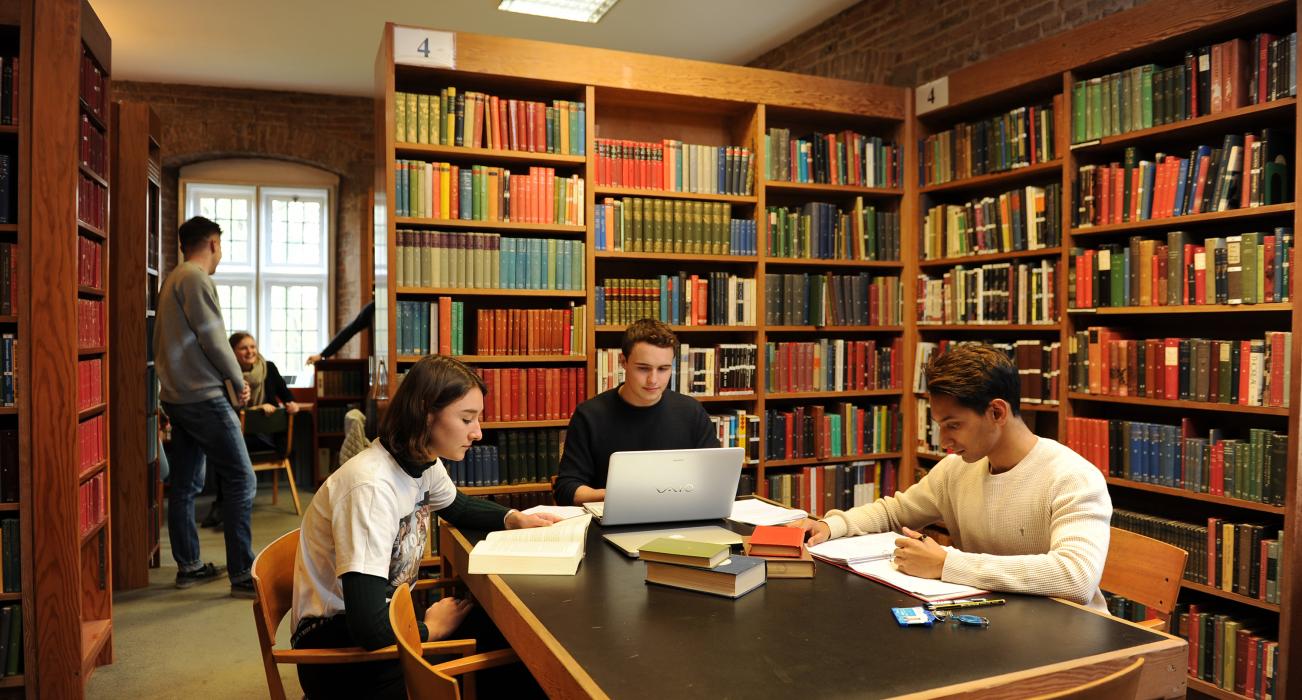Many people tell me that the more you study, the better your result will be. But that doesn’t apply to everyone. Some students are advised to study longer, harder but still get the same, even lower result in comparison to those who spend less time learning. The key to this is to study in a smart, intelligent and effective way that will boost your memory and raise your concentration. So now I will recommend 6 methods that, from my own experience, will actually work to help you avoid learning for ages but not a single thing goes in.
“Recipes tell you nothing. Learning techniques is the key.”
— Tom Colicchio
Find out how long can you truly concentrate
Everyone says that we should study 10 minutes a day, 20 minutes a day, 30 minutes a day or 1 hour a day and take a study break of 5 minutes and do it all over again. But studying a language is more of a personal designed suit than a one-size-fits-all. Depending on the environment, the topics and of course our style of learning, our concentration can last only 15 minutes, but to some others will be a few hours. Therefore, figure out how long it will last and make the most of that time, the efficiency of learning English will remarkably increase.
So now, all you need is a stop-watch. You can easily see it as everyone has it in their phones. Start the stop-watch when you start studying, and stop the timer when you lose your concentration. It may take a bit of effort but try it a couple of time over the period of a couple of days. You can do it at different time during the day and don’t worry if yours is inconsistent. The timing is just an approximation, so it can be adjusted.

Don’t sit still, take a break
Following the first step, you just have to study in the calculated time. Don’t study for long sessions, as the brain can not process more even if you look in your textbook all the time. Have a short break, then come back to your work. You can have a cup of tea and let your eyes relax for a while. In order to get rid of tiredness and boredom, let yourself take a rest to recover. Over time, you will find your own medium when you have experience. If your concentration time decreases, you’ll need to increase the break in the next chunk.
Taking grammar and writing as an example. The 2 are often the most tedious sections and if taken for such a long period of time without refreshing, you will be more likely to give up after the first lesson. Knowing all that, as a result, stop for a few minutes before resume practicing. Your mind needs time to fix itself and find more motivation, so take it easy and you’ll know you’ve been doing it right.

SQRRR Method
SQRRR, also called SQ3R, is a 5 step reading and study method suggested by Francis Pleasant Robinson in his book Effective Study. SQ3R stands for
- Survey (the book/a chapter to get an overview)
- Question (ask one or more questions for each section in a chapter)
- Read (and mentally answer the questions)
- Recite (recall the answers to a section’s questions from your memory and write them down)
- Review (a complete chapter, by answering the chapter’s questions from your memory)
This method is especially useful to your reading skills. Not all the words in the text will necessarily be relevant to you and to the questions, so reading them is just wasting your time and effort. What you need to do is to fill up your uncertainty with the exact information and skip what you have already known. All the knowledge will be systematically categorized in your mind so it will take less time to recall, which will be a great advantage when taking exams. To some difficult type of exercises like heading matching or gap-text filling, this method will help you get the main ideas of the paragraphs and the strings between them, which will help put the missing back to where it belongs.

Create your own study plan
Most of the students either do not have an organized study plan or do not follow it sincerely. Consequently, their performance suffers and a common refrain is ‘oh we do study but do not know why our efforts fail to yield results’. The key to this problem is to create a plan that bases steadily on your own concentration time. Each part of the subjects will need a different amount of time, so carefully choose parts that will fit your focus span.
For instance, your concentration time in the morning is only 15 minutes, thus revising grammar structure might be a good idea. The longest time you can focus on the day, set it up for the task that you find most difficult.
Also, set up a plan that has particular targets on the timeline? Ask yourself these questions:
- What materials do I have to complete?
- How long will it take until the next self-revision?
- Which part will take the most time and when is the deadline?
After you find your own answer, it’s time to draw your own plan. A week is a good length for a study plan because most people have a weekly routine. Draw a visual study plan for your week. This is as simple as folding a piece of paper to create eight columns. Write the name of each day across the tops of seven columns. Leave one column blank for writing notes. Write the hours of the day down the side of each column. At the top start with the time you wake up. At the bottom finish with the time you sgo to bed. Include all the hours in between so you have a vertical timeline.

Know the best place to study
Studying a language requires a lot of effort and dedication. It can become very easy to get distracted while studying, between the longing for a snack break or the urge to check a phone notification, but establishing a dedicated study area should help with keeping focused. Therefore, a personal study space free of any distractions is likely to sharpen the mind and improve concentration.
A good study place can be an ordinary room in your house, or just a table at the corner. Your corner should at least make sure to maintain good privacy, comfort and sometimes motivation. An untidy table full of drafts and disorganized books can definitely put you off before you study, so clean it and start your work with positive energy. But if siblings are too noisy, and your space is limited, try studying outside. Sometimes it works much better when we are close to nature. However, if you can not invest so much time in such places, maybe what you need is just plugging in your earphones and keeping the outside out of your focus. This will suit your unstable schedule. You can look through a chapter on your commute home or review new words you learn today from your notebook. Also, music without words is highly recommended as the words may distract your concentration by making you want to sing along. Try some relaxing music or any kind of white noise instead. (Eg: Vitamin String Quartet, Doo Piano, etc).

Teach what you learn
‘No one learns as much about the subject as one who is forced to teach it.’ – Peter Drucker
Research has shown that when we explain something to other people, we come to understand it better ourselves. The process of teaching others helps us recognize gaps in our own understanding and better organize information in our minds.
We’re also better at taking in the information initially, when we’ve been forced to think we’ll be teaching it to someone else later. It seems that this comes from a different way of approaching the learning material. We know we need to pay attention to the most important points and organize them in our minds, if we’re going to teach someone else. So, if nothing else, teach others for your own sake. Start by finding around, is there anyone who has the same goals as you? Can you take turns to teach each other? You can both see the information in different perspectives, so it can be amazing to your brain. Even if you have an audience of zero, start blogging, pod-casting or creating videos to share the knowledge you’re learning. You’ll reap the benefits in your own learning progress, regardless of whether you’re helping others (yet) or not.

CONCLUSION
Study is a wide road leading to the passion and targets we are approaching. Seriously taking the recommended methods, you will see a great improvement in your efficiency and probably have a different point of view to your study habits. So now, are you ready to start your study?




